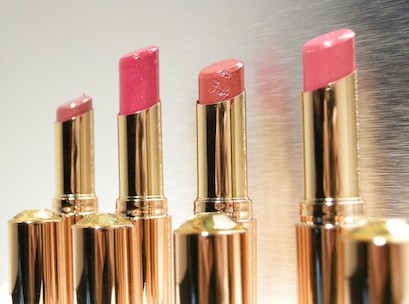If you’ve bought more than a couple beauty products online in China, chances are you’ve purchased some fakes. Even if you bought imported ones.
Fake products are a persistent problem across China’s eCommerce market but the beauty market may be particularly afflicted. According to a report from the 21st Century Business Herald (as cited in a recent National Business Daily article), an “absolute majority” of beauty products the company’s reporters tested were fakes. A separate test by a third party earlier this year found that 49 per cent of the Mary Kay products it purchased on Chinese eCommerce sites were fake. Just recently, a CCTV report revealed that some beauty masks being sold on WeChat were fakes that contained dangerously massive amounts of glucocorticosteroids. In the online beauty industry, fakes are everywhere.
For consumers with the money, buying imported products to avoid fakes is growing in popularity, and many of China’s biggest eCommerce sites have rapidly expanded their foreign-imported offerings over the past year. But even foreign imports are not immune.
Some Chinese suppliers will actually ship Chinese-produced fakes abroad, and then have them shipped back to China so that they can be certified as imported. The fakes are often mixed in with the genuine article to make finding them more difficult.
“After they get through customs there’s no way all the documents can be inspected,” an industry source who wanted to remain anonymous told the National Business Daily. “Mixing fakes in with the genuine products is a favorite practice of suppliers, because at the current prices, if you don’t mix in fakes you can’t make any money.”
Another issue is smuggled products – genuine imports that the eCommerce company doesn’t actually have the right to sell. That’s one of the issues at the heart of a recent spat between Chinese etailers Jumei and Vipshop, with Vipshop accused of selling a Korean-made product Jumei has an exclusive distribution contract on. When a desired brand has an exclusive contract with one eCommerce shop, it can be tempting for other shops to pick up smuggled imports to compete, and in some cases they may not even be aware the imports are smuggled.
Because importing genuine beauty products to China is expensive, the problem of fakes isn’t likely to disappear anytime soon. As the NBD‘s source says, mixing fakes with genuine imports helps suppliers make the difficult import business profitable, and catching them in the act is difficult. As long as mixing fakes with genuine imports makes economic sense for suppliers, fake beauty products are likely to remain a big part of China’s eCommerce marketplace.
* For more eCommerce stories from around Asia visit TechinAsia.com.
* Photo by ezezfun






